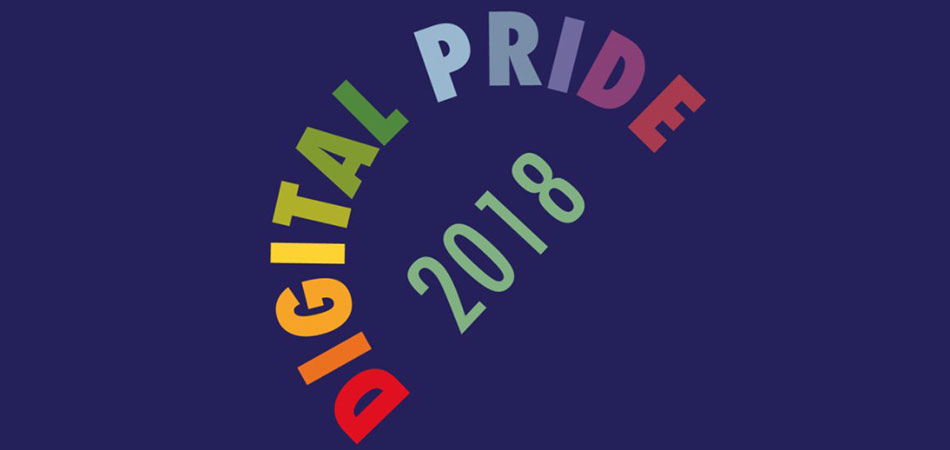
How can brands use music to overcome generational tensions?
Joanna Barnett, Strategy Director at Truant, on the power of music to bring people closer together and broaden a brand’s appeal.
Until we’re at a stage where everyone, regardless of their sexuality or gender identity can go about all aspects of their work with complete acceptance and understanding, we can’t just ‘treat people as people’.


As a board member of Publicis Égalité (Publicis Groupe’s LGBT+ network) and very out and proud gender-not-always-conforming lesbian working in one of the most cosmopolitan cities in the world, I am often asked by agency colleagues, “Why do we need LGBT+ networks? Can’t we just treat people as people?”
Well, yes, ideally. But until we’re at a stage where everyone, regardless of their sexuality or gender identity can go about all aspects of their work with complete acceptance and understanding, we can’t just ‘treat people as people’. We must address the things that hold some people back and allow others to the front.
It is no use to claim to be blind to these things, just as it is no use to claim to not see gender, race, religion, disability or class, when we know there are structural inequalities in our industry that reflect those existing in wider society.
I believe we often think that because the industry feels open minded and liberal, we don’t have problems, particularly when there are industries and countries that have it much worse. That argument doesn’t sit well with me. When have we ever accepted sticking with business as usual from our clients, or in the work we produce? We should hold ourselves to the same standards.
I know many people feel the effects of covert homophobia or transphobia at work. But if straight people don’t believe there is a problem, we must show them the reality. And you don’t know what the reality is until you ask. So, we asked.
We asked a panel of over 200 people working in agencies across the UK about their experiences at work. We included both people who self-defined as LGBT+ and non-LGBT+ to compare perceptions to lived experience. As with the gender pay gap reports that were published earlier this year, measuring inequality is an important first step to addressing it. We hope to rerun this research each year to track changes to the industry as more LGBT+ friendly policies are enacted.
From 2018's research, it’s clear we need to continue talking about the overt and covert homophobia, biphobia and transphobia in our industry, challenging those who perpetuate it, and providing support for LGBT+ people who need it through specialist networks like Égalité. By bringing these things to light we hope to be able to turn our straight colleagues into allies, and drive LGBT+ friendly policies and attitudes right into the fibre of our organisations like we are trying to do at Digitas. It’s something the next generation of young talent will expect with no exceptions. By creating an environment where everyone can be themselves we’ll truly be able to do our very best work, doing what the best advertising does: changing minds.
Key take outs:
DIGITAL PRIDE 2018
Visit Digitas' showcase to read the report
CONTACT
Charlie Hunt, Head of New Business, Digitas, [email protected]
Amy joined connected marketing agency Digitas as a graduate in 2014. She works as part of the creative strategy team, specialising in social strategy for Honda and P&O. Amy is a member of Publicis Égalité, Publicis Groupe’s LGBTI network, was the recipient of Google Squared’s Next Generation Leader Award in 2014 and chosen as one of Campaign’s Faces to Watch in 2017.
Looks like you need to create a Creativebrief account to perform this action.
Create account Sign inLooks like you need to create a Creativebrief account to perform this action.
Create account Sign in